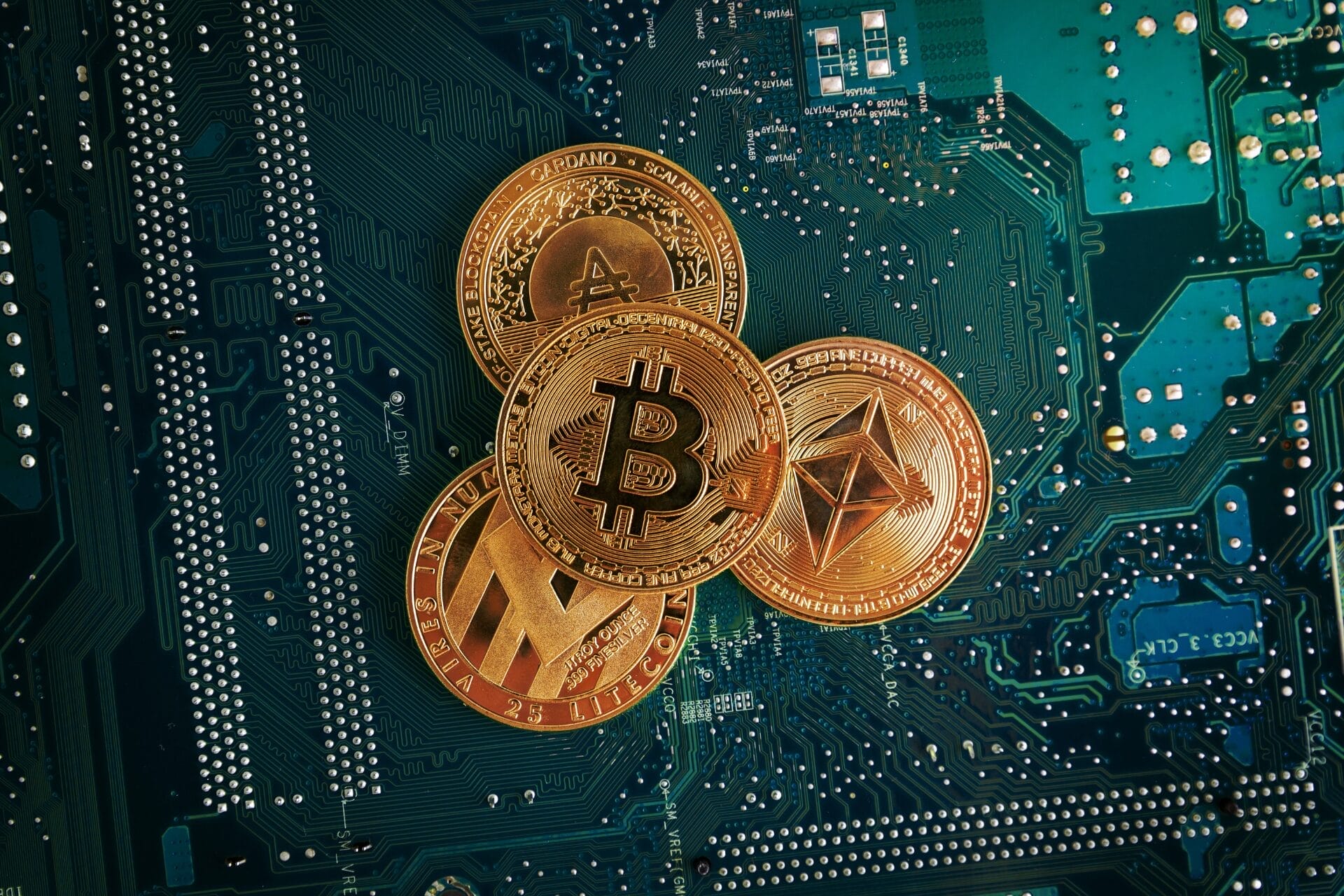Digital asset exchanges are being revolutionized by crypto transactions between AI systems. With the use of cryptocurrencies, these autonomous transactions eliminate human involvement and result in faster, more efficient financial operations that have potential to be highly secure.
The fusion of AI agents and blockchain technology forms the foundation for crypto transactions between AIs. These highly equipped AI agents, with advanced algorithms and machine learning capabilities, can swiftly analyze substantial data sets to inform their financial decisions and execute trades within moments. Meanwhile, using an incorruptible ledger system, blockchains offer secure transparency while recording all transactional information.
The speed of AI-to-AI transactions is a noteworthy benefit as compared to human performance. With the ability to conduct multiple trades in seconds, AI agents far exceed our capabilities. Additionally, these systems function ceaselessly without tiring and remove emotional influences that impact decision-making when humans are involved.
Brian Armstrong, CEO of Coinbase shared a recent instance where two AI agents engaged in crypto transactions. These agents used cryptocurrency wallets to exchange specialized tokens representing computational units for natural language processing. This unprecedented transfer took place on the Base platform and highlighted how AI-powered entities can participate autonomously in financial activities.
Potential Applications of AI-to-AI Crypto Transactions
The potential economic opportunities that arise from AI-to-AI crypto transactions are plentiful. By enabling more efficient micropayments, for example, AI agents could readily pay small sums for access to specialized services, computational resources or information – thus catalyzing the creation of new business models and accelerating overall economic growth.
Apart from micropayments, AI-to-AI transactions have the potential to revolutionize several industries. In finance, personal funds could be managed by AI agents that recommend services and facilitate payments. The content sector stands to benefit as well with autonomous creation, publication and monetization of materials made possible through AI systems. Manufacturers can optimize their procurement processes using this technology while in the realm of human resources; automation of hiring and payment procedures is also viable utilizing advanced machine learning capabilities associated with artificial intelligence platforms.
Challenges and Opportunities
Despite enormous potential, the use of AI for crypto transactions confronts several significant challenges. Security poses a major concern since cyber attackers can exploit weaknesses within blockchain protocols or intelligent contracts. Even scalability presents an obstacle because current blockchains are often ill-equipped to handle vast quantities of microtransactions created by AI agents. Furthermore, regulatory ambiguity remains unresolved as precise rules governing these processes continue to develop over time.
Some of these challenges could be tackled with the help of developments in decentralized AI and zero-knowledge proof technologies. Decentralized AI platforms can create a more sturdy and protected space for carrying out transactions, whereas utilizing zero-knowledge proofs would ensure greater privacy as they enable agents to verify certain conditions without exposing confidential information.
Disclaimer
NextNews strives for accurate tech news, but use it with caution - content changes often, external links may be iffy, and technical glitches happen. See full disclaimer for details.
